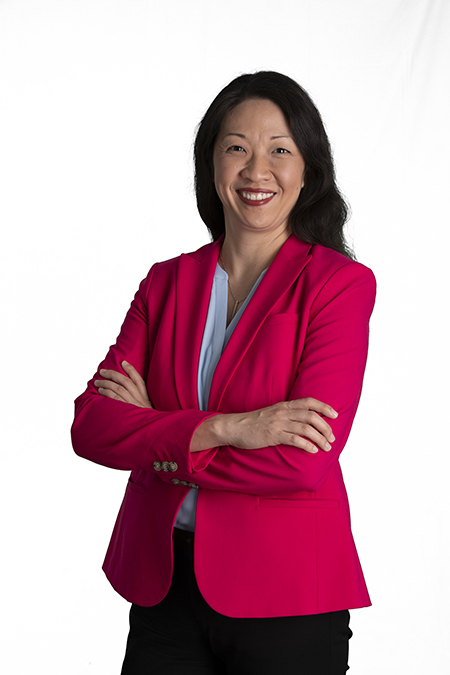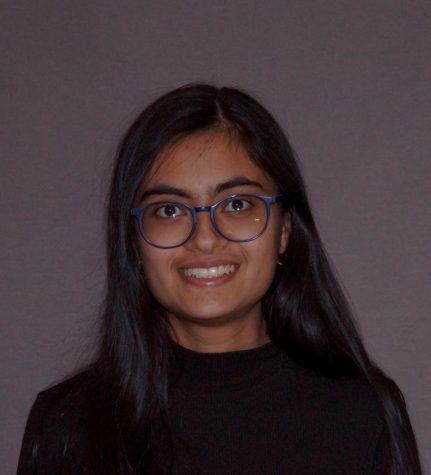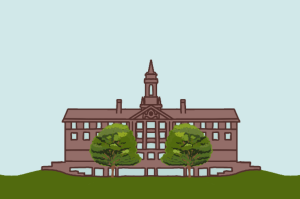University faculty take part in system-wide brain health summit
Photo Courtesy of the Department of Neuroscience, Developmental and Regenerative Biology
Hsieh, who serves as the Director of USTA Brain Health Consortium, is one of the faculty members who is attending the summit
November 7, 2022
UTSA faculty members are participating in the first-ever University of Texas Systemwide Brain Research Summit, taking place in Austin on Nov. 7 and 8. The summit is a collaborative effort that aims to highlight research at UT System institutions.
Jenny Hsieh, chair of UTSA’s Department of Neuroscience, Developmental and Regenerative Biology and director of UTSA’s Brain Health Consortium, explained that the summit aims to bring together individuals involved in different aspects of brain research.
Objectives of the summit include sharing “clinical and basic research advancements” across the UT System while fostering “collaborative neuroscience research in Texas, especially among [UT System] institutions.”
The two-day summit features several panel discussions focusing on “a broad spectrum of neurological disorders.”
“[With] research, we’ve come a long way to resolving a lot of the brain disorders, but there’s still a lot of challenges and … a long way to go,” Hsieh said. “In the Q&A sessions, we’re [going to] spend a lot of time just hearing the speakers try to address some of these challenges and remaining questions, and then … the audience will have an opportunity to ask questions at each of the sessions. So, that will be very important, to hear from the audience and … families and caregivers — where their challenges are and what their questions are and where more research and more funding needs to be put.”
“It’s very unique. It’s going to bring together scientists, government officials, laypeople, donors, students, staff — anybody and everyone who’s interested in the brain,” Hsieh added. “The goal of the summit is really to highlight how the UT System institutions are working on the brain, they’re doing important research, and they’re collaborating with each other. The summit [is also] going to be recognizing important donors that have supported UT System Brain research.”
Similar to the collaborative nature of the summit, UTSA’s Brain Health Consortium is a partnership among UTSA faculty involved in different avenues of research. The consortium aims to integrate “researchers with expertise in stem cells [and] precision medicine, neuroscience, biomedical engineering, psychology and behavior.”
Hsieh explained that the consortium serves as a way for faculty at UTSA to come together and learn about each other’s research.
“We all have our own expertise, but … if we work alone, we’re only, you know, kind of solving or having one piece of the puzzle and we don’t maybe understand the whole picture,” Hsieh said.
As a part of the UT System, UTSA also has neuroscience research underway on campus. For example, one of the more recent avenues of research at UTSA is the development of personalized stem cell models called brain organoids to study neurological disorders.
“I think UTSA [and] San Antonio, in general, is very collaborative. UTSA is a younger institution … [and just last year] we got designated by Carnegie as [an] R1 research institution,” Hsieh said. “Unlike some of the other places that have [a lot of history which makes it] harder for them to change and to be collaborative … I think UTSA and San Antonio in general, we … pride ourselves in collaboration. Our alliances with UT Health San Antonio, the medical school, and Southwest Research Institute and Texas Biomed[ical Research Institute] … I think we all always come together.”
Both the summit and the consortium highlight the importance of collaboration. Furthermore, Hsieh hopes that while the summit is the first of its kind, it becomes a recurring event.
“I’m very excited to meet and hear talks from my other UT System colleagues,” Hsieh said. “I hope this is [the] first of … [many] recurring meeting[s].”
More information about UTSA’s Brain Health Consortium can be found at https://www.utsa.edu/bhc/.









